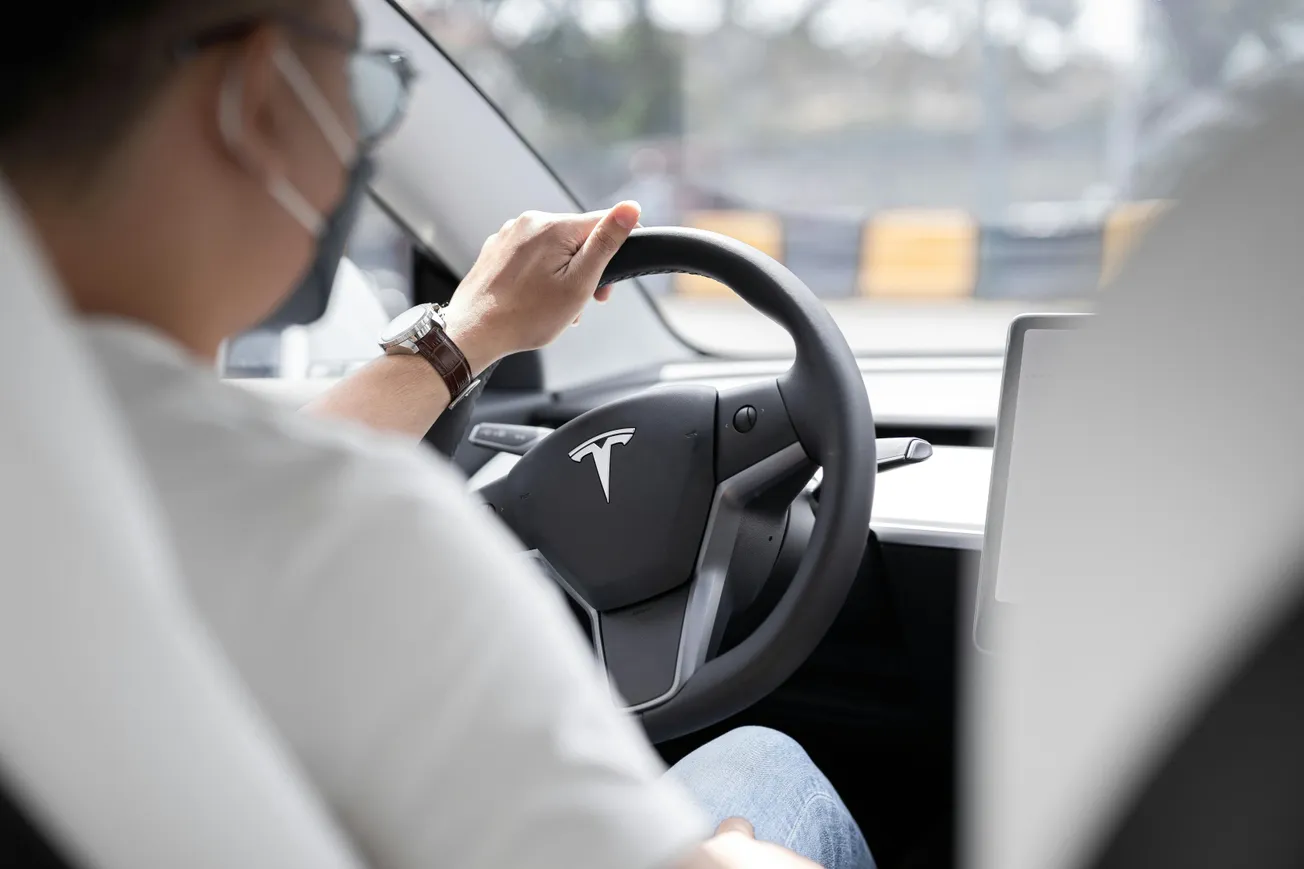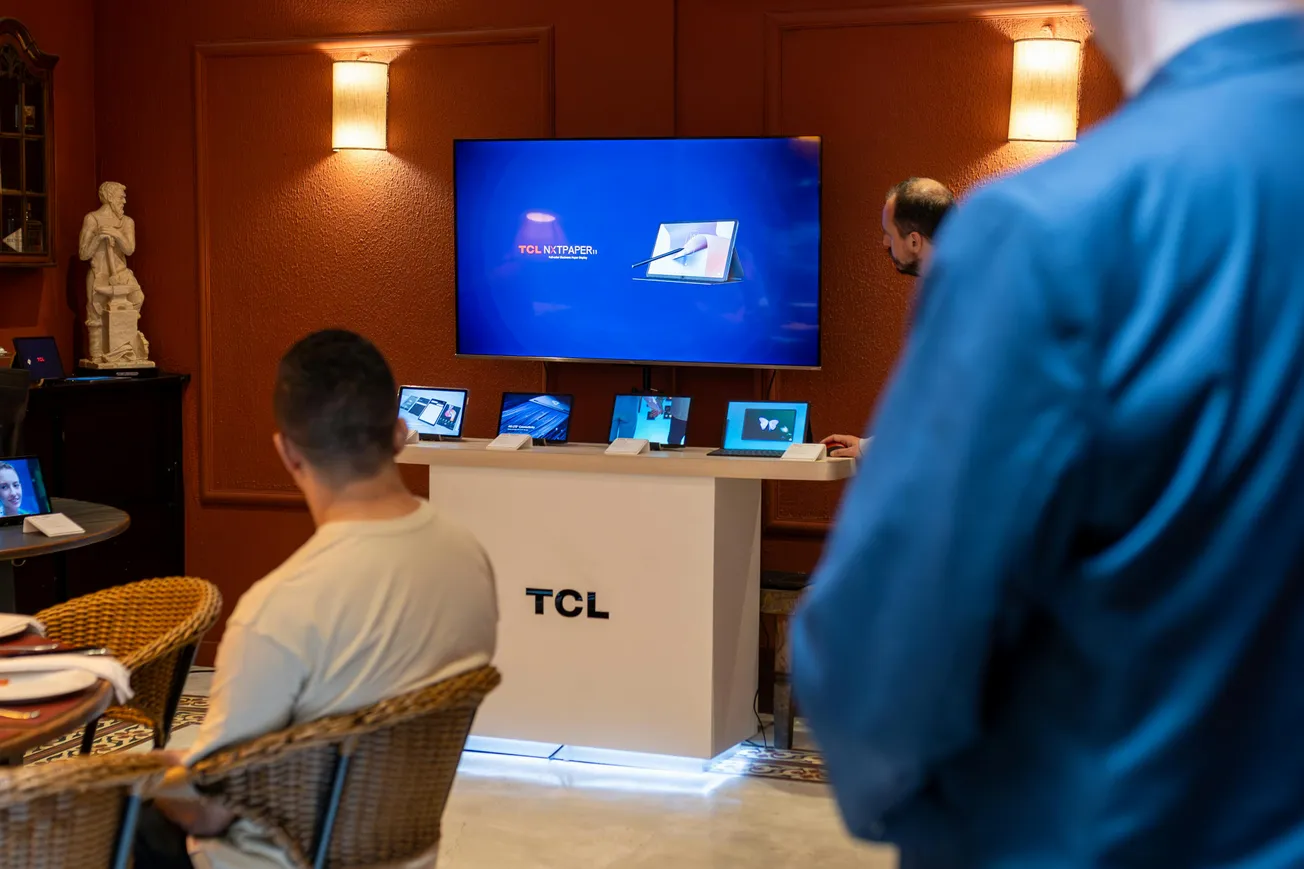A study from the Yale School of Management uncovers how Elon Musk’s political actions may be having a measurable impact on Tesla’s customer base—and ultimately, its bottom line.
Unpacking the “Musk Effect”
Musk’s high‑profile activities—most notably his takeover of X (formerly Twitter) in 2022 and overt alignments with partisan politics—appear to have clashed with Tesla’s earlier reputation as a brand widely embraced by eco‑conscious, traditionally Democratic consumers.
The study authors observed a distinct reversal in the trend of Democrats purchasing Teslas after Musk’s acquisition of X, whereas the pattern among Republicans remained steady.
Quantifying the Damage
By comparing purchase patterns before and after 2022, researchers estimate that Tesla may have lost more than one million vehicle sales that it otherwise would have captured.
The core argument: rather than a universal decline, the downturn was concentrated among consumers whose political values no longer aligned with the CEO’s public stance.
Competitive Set and Confounding Factors
Importantly, Tesla’s challenges aren’t solely about politics. The study acknowledges strong headwinds including increased competition from legacy automakers entering the EV market and Tesla’s extended gap in launching new models.
Nonetheless, the political alignment shift appears to be a unique risk factor—one that brands may overlook.
Strategic Implications for Brands and Retail‑Ecosystem Partners
- For brands relying on reputation and value alignment, leadership behaviors can influence demand.
- Retail and supplier partners in the EV and mobility ecosystem should consider how brand‑owner public‑persona shifts could ripple through consumer behaviour.
- The Tesla case reinforces that identity‑driven segments are especially vulnerable to leadership substitutions or politicisation.
In Conclusion
While Tesla remains a major force in the EV market and is far from collapse, the Yale study underscores a subtle but meaningful reality: a mis‑alignment between CEO identity and core customer values can translate into millions of lost sales.
For retail and consumer‑brand stakeholders, this is a reminder that the “brand narrative” extends beyond product and price—it includes the public profile of its leaders.









